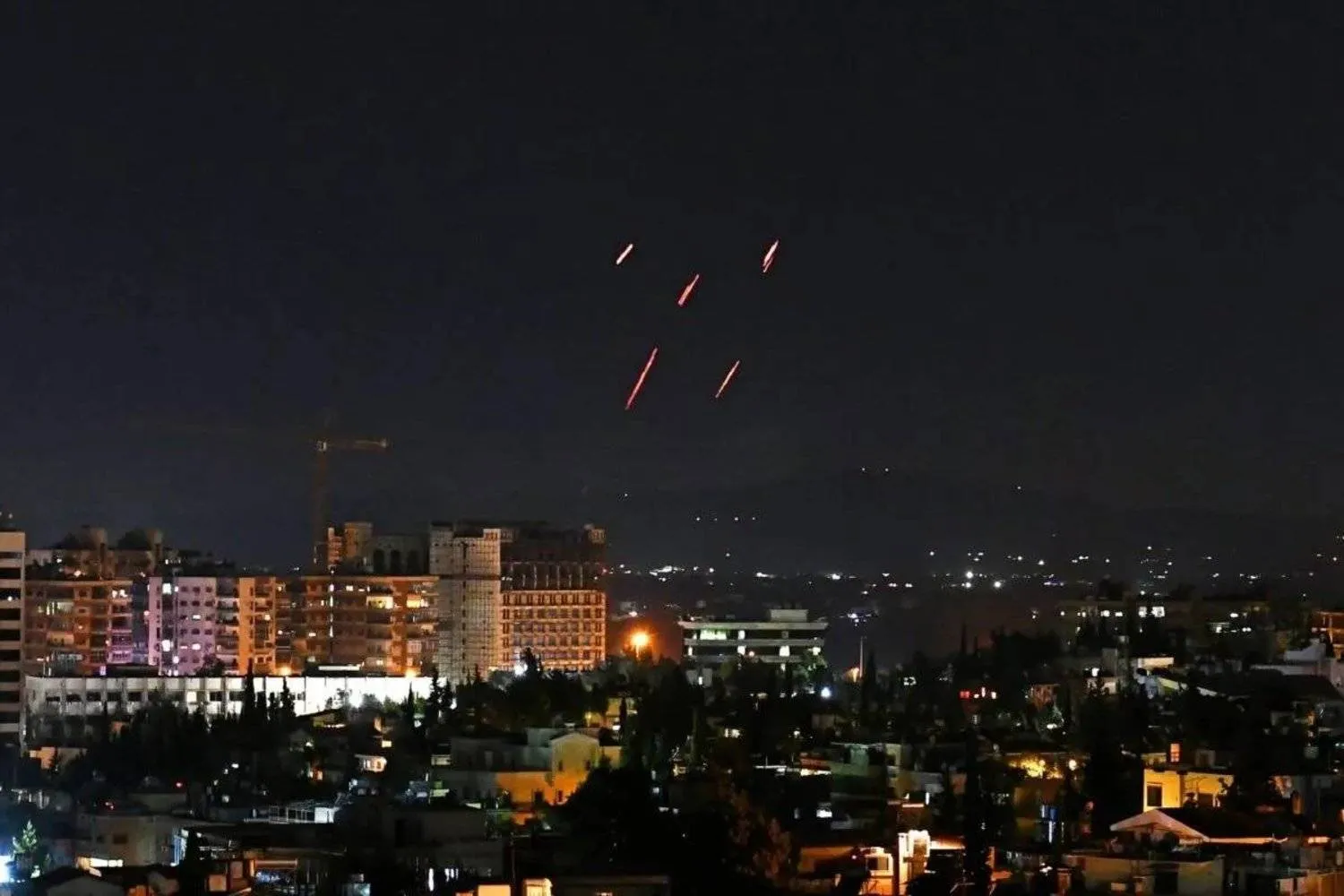Israeli airstrikes around the Syrian city of Aleppo killed several people early on Monday, including an Iranian military adviser, the Syrian state media and Iranian news outlets reported.
It was the first strike to kill an Iranian official since the April 1 attack on the Iranian Consulate in the Syrian capital of Damascus that killed seven people, including two Iranian generals and a member of Lebanon’s militant Hezbollah group. The strike triggered a first-ever direct Iranian military assault on Israel, sparking fears of a regionwide war, The AP reported.
Syria’s state-run SANA news agency gave no specific casualty toll for the strikes, which were around the southeastern edge of Aleppo and resulted in “a number of martyrs and some material losses.”
In Iran, the semiofficial Tasnim news agency, considered close to the Iran’s Revolutionary Guard, said Iranian military advisor Saeed Abyar died in the Israeli attack on Aleppo. It did not elaborate.
Iran has deployed military advisers in Syria since after the country’s civil war erupted in March 2011 in support of Syria’s President Bashar Assad.









